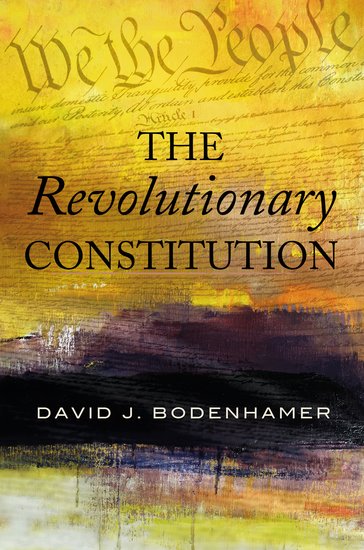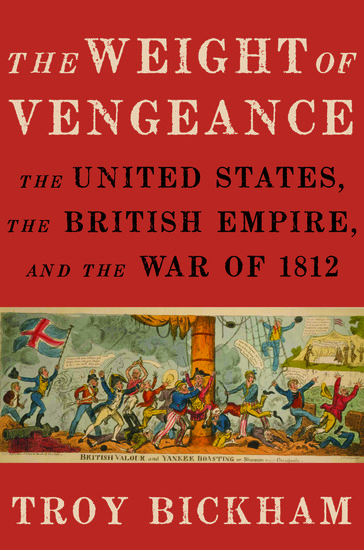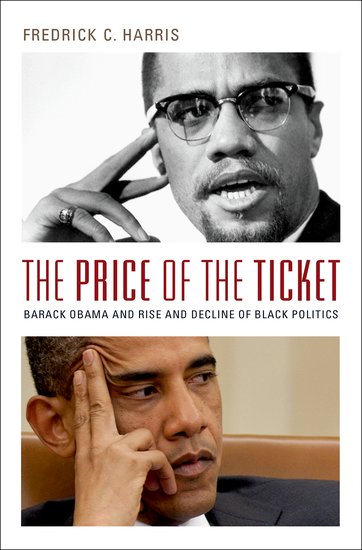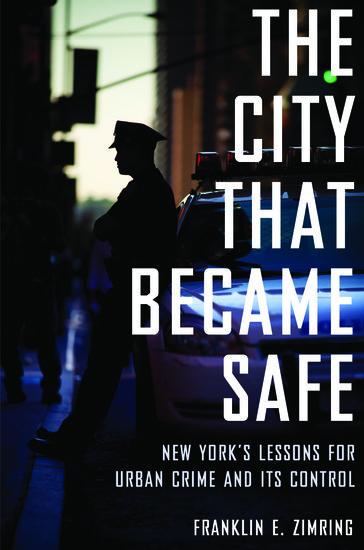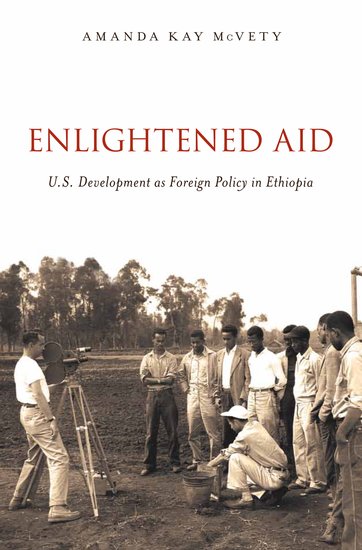No Panacea: Why a draft wouldn’t stop a war
Andrew J. Polsky
The long conflicts in Iraq and Afghanistan have prompted a number of politicians and pundits to recommend a return to conscription. On several occasions Charles Rangel, the Democratic representative from New York City, has introduced bills to revive the draft. Stanley McChrystal, former military commander in Afghanistan, has urged that the country not fight another war without a draft. His call was the point of departure for noted journalist Thomas E. Ricks, who proposes a law mandating universal service for all 18-year-olds, with an option for either military or civilian public service.




